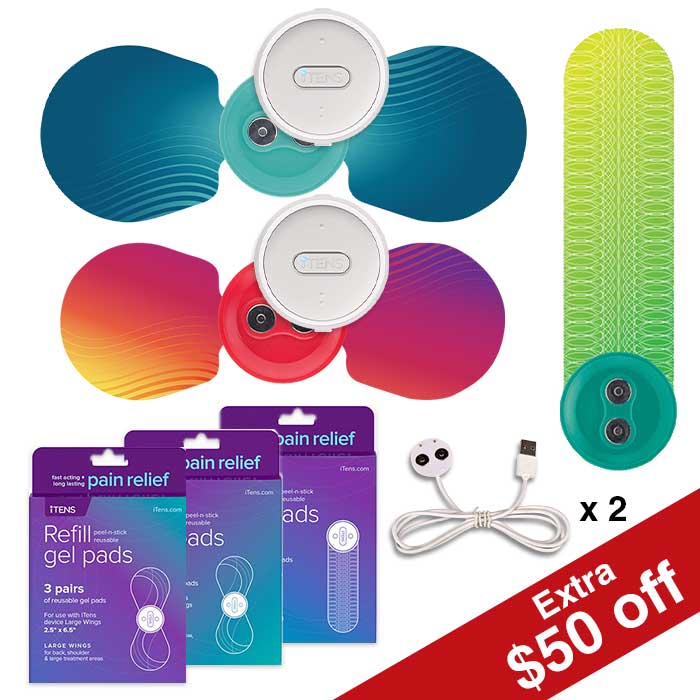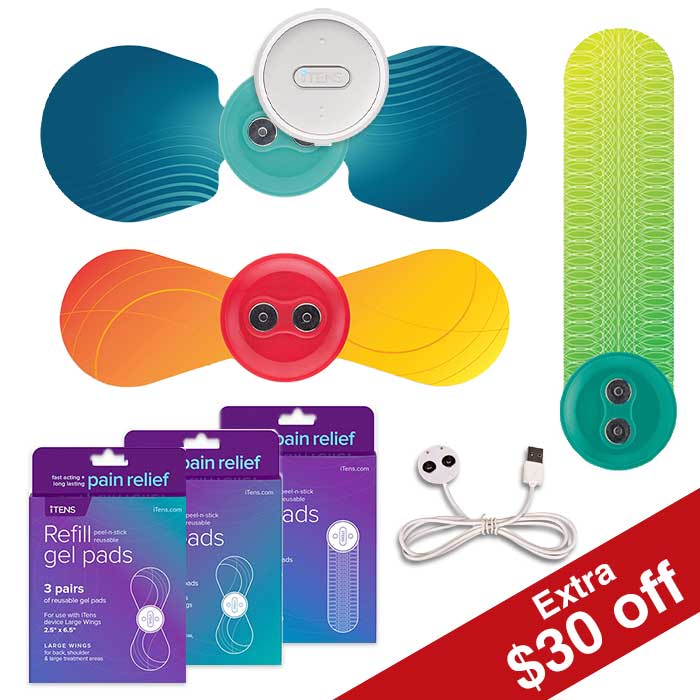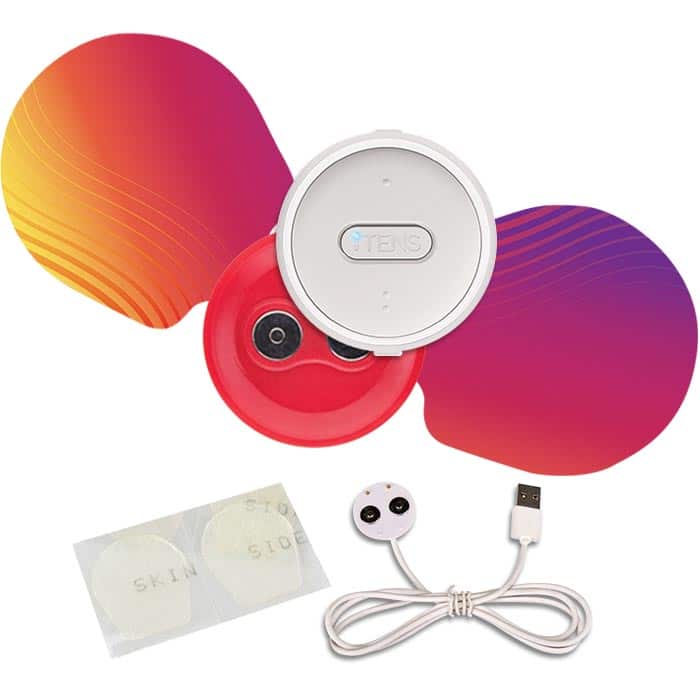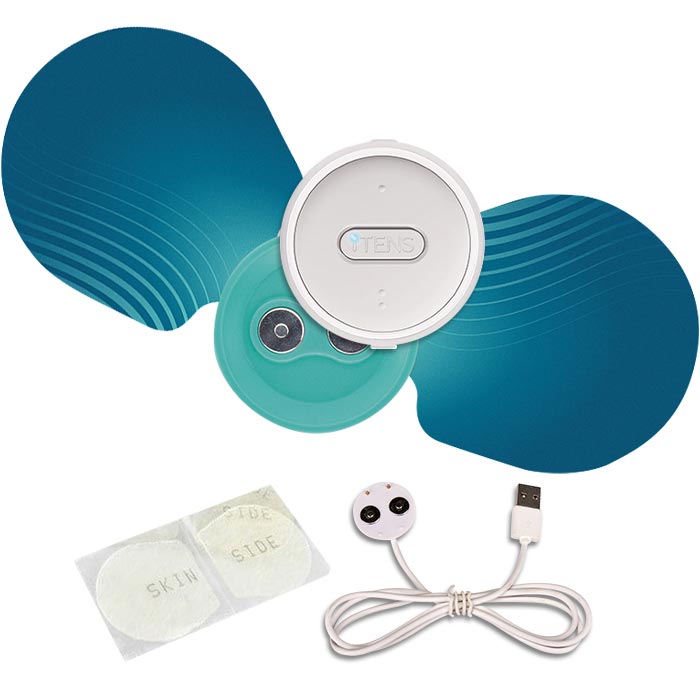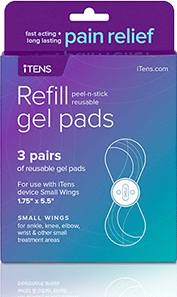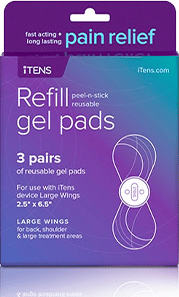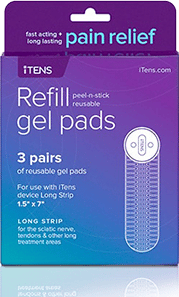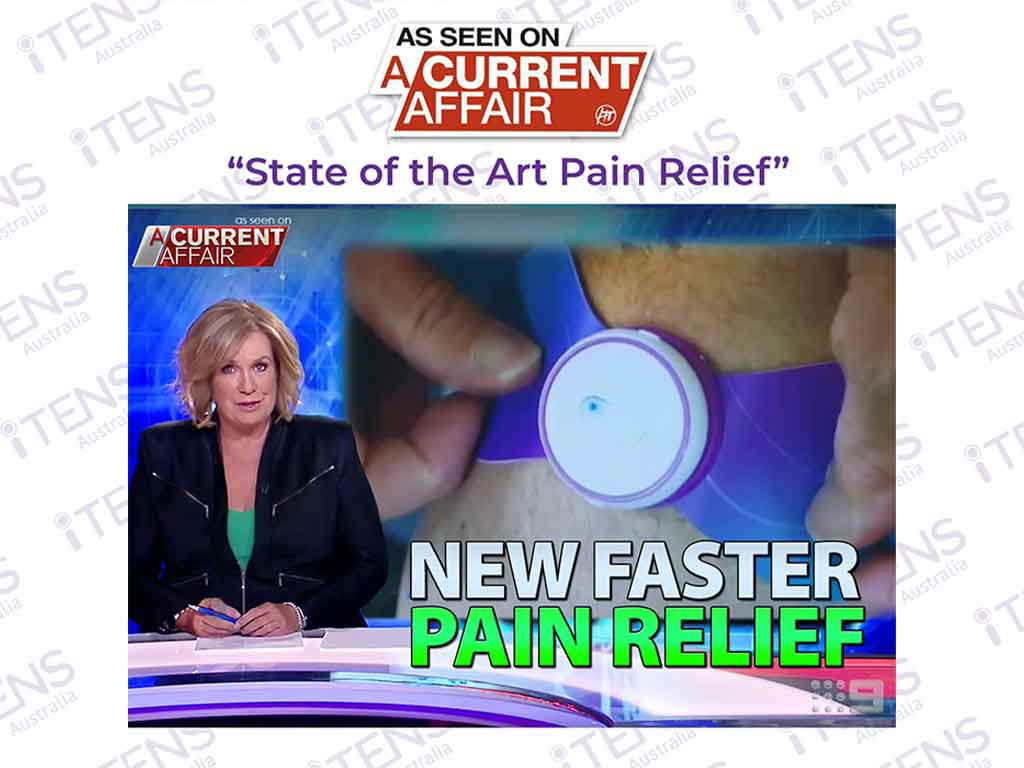
People with acute or chronic pain may want to get a physical therapist recommended TENS unit to manage their conditions safely and effectively. Pain can be disabling and disrupt daily routines. Therefore, it is vital to employ techniques or devices that work well. It should also be safe, reliable, and durable. A TENS machine is an efficient pain relief device that can treat various aches and disorders. Professional-grade TENS units are more risk-free and have increased effectiveness.
Transcutaneous Electrical Nerve Stimulation (TENS) therapy uses mild electrical currents to relieve body pains and other discomforts. It is natural and does not require drugs or invasive procedures. Hence, many people choose TENS therapy to minimise their intake of oral medicines and avoid their accompanying side effects. It is also versatile for various pain situations or settings. The following sections will present the significance of a professional device, conditions treated by TENS, and operating guidelines.
Why People Choose a Physical Therapist Recommended TENS Unit
TENS devices use electrical currents to stimulate the nerves to reduce pain symptoms. They are mild and do not cause shocks. Instead, they excite the nervous system to control pain sensations. A doctor or physical therapist recommends TENS units for people with chronic ailments to manage their conditions naturally. Unlike oral medicines, TENS does not have adverse side effects or risks of overdose or developing an addiction.
Pain relief with TENS is fast and efficient. The device produces tingling sensations, which immediately work on nerve fibres. Many people experience pain alleviation within a few minutes while the unit is running. In other cases, some feel therapeutic relief long after the session has ended. It may take several hours to one day before needing another treatment. Additionally, TENS therapy allows users control over their pain management. The device is programmable according to strength and pulse patterns.
Many TENS devices are available without a prescription. However, finding a reliable and suitable one may be challenging. People would want a physical therapist recommended TENS unit to ensure that they get the same quality or performance in a portable device as they would in a pain clinic or facility. For example, the setting or parameters must accommodate extreme pain levels but be safe for personal or unsupervised use. It should also be easy to operate, especially for beginners.
TENS Machine Functions
TENS may relieve pain in the following ways:
- Initiate the closure of the pain passageways in the spinal cord, blocking pain signals to the brain
- Release more endorphins, the natural painkilling substances
- Boost blood circulation for faster healing and regrowth of damaged nerves
- Reduce inflammation
- Relax the muscles

What Physical Therapist Recommended TENS Unit Can Treat
TENS therapy is a versatile pain management method because it helps treat a wide range of pain conditions. A physical therapist recommended TENS unit helps with different classifications of pain, such as nociceptive and neuropathic pain. Nociceptive pain is pain caused by tissue damage. The causes are often external, like falls, broken bones, muscle strains from overuse, and joint injuries. It may also be inflammatory, like various kinds of arthritis.
The other type is neuropathic pain. It is a pain caused by nerve damage or disorders. It occurs when there is inflammation or irritation to the nerves due to compression, infection, and other diseases. This includes structural problems like bulging discs and spinal stenosis, leading to sciatica and chronic back pain. This type of pain may be recurring or long-term unless a surgical procedure is required. Thus, an efficient pain relief strategy is vital to manage chronic conditions.
Nerve and tissue damage may be acute or chronic, and their symptoms vary. Acute pain is often dull, throbbing, or sharp as a result of an injury. Therefore, a physical therapist recommended TENS unit is vital to help manage intense pain despite being short-term. Health professionals may advise the regular use of the device until the damage or wound heals. It is also suitable for individuals coping with post-operative pain and women during labour.
Other Conditions and Benefits
TENS treatment may also include but is not limited to the following:
- Fibromyalgia
- Period cramps
- Abdominal and pelvic pain
- Tendinitis
- Bursitis
- Tension headaches and chronic migraine
- Tennis elbow
- General soreness in the neck, shoulders, back, hips, and legs
- Muscle spasms
- Tense or stiff muscles
- Plantar fasciitis
- Painful IT bands

Operating Guidelines of a Physical Therapist Recommended TENS Unit
A doctor or physiotherapist may administer TENS therapy to patients in a clinic during regular appointments. They may evaluate the person’s condition to determine suitable TENS settings or parameters for pain relief. Hence, patients may only need to monitor their response to the treatment. However, individuals who want to conduct TENS in their homes may use a physical therapist recommended TENS unit. A doctor may guide them on how to operate a TENS machine for optimal results.
TENS machines have basic guidelines that anyone can follow. Firstly, carefully position the electrode pads on either side of the pain. Secondly, turn the device on and adjust the settings like frequency and duration. Begin at the lowest intensity level and gradually increase. You may keep increasing the strength or power until you attain significant relief without causing discomfort. Lastly, set the treatment time to at least 20 to 30 minutes to ensure adequate stimulation.
After the session, turn the device off before removing the pads. Each TENS machine may vary in its program settings and features. For instance, some may have more or fewer treatment modes. The controls and electrodes may also depend on the device type, like wired and wireless TENS. Therefore, it is essential to choose a physical therapist recommended TENS unit with a wide settings range or pre-set options for your condition.
Considerations in Choosing a TENS Unit
- Portability – compact units like wireless TENS are more convenient than bulky devices.
- Programmable settings – customisation enables users to set or control their treatment.
- Controls – adjust the settings from a handheld controller or a smartphone app via Bluetooth.
- Battery type – disposable or rechargeable batteries
- Pad options – available TENS pad sizes and materials
Conclusion
There are many types of TENS and electrotherapy devices available in the market. Even though they are available over the counter, choosing a physical therapist recommended TENS unit is important to help manage pain effectively. It ensures the device is reliable as they are trusted by the experts. Also, it is vital to get a device with FDA clearance or approval, certifying they pass safety standards. An excellent option would be the iTENS from iTENS Australia.
iTENS is a wireless TENS device featuring user-friendly functions through a smartphone app. Leading pain specialists in Australia recommend iTENS as cost-efficient to help manage various pain types at home. It is versatile for acute and chronic pain, ranging from mild to severe symptoms. Hence, a reliable TENS machine is a worthwhile investment, especially for long-term pain management. It is a safe and natural method and helps minimise the need for oral medicines and their adverse side effects.

